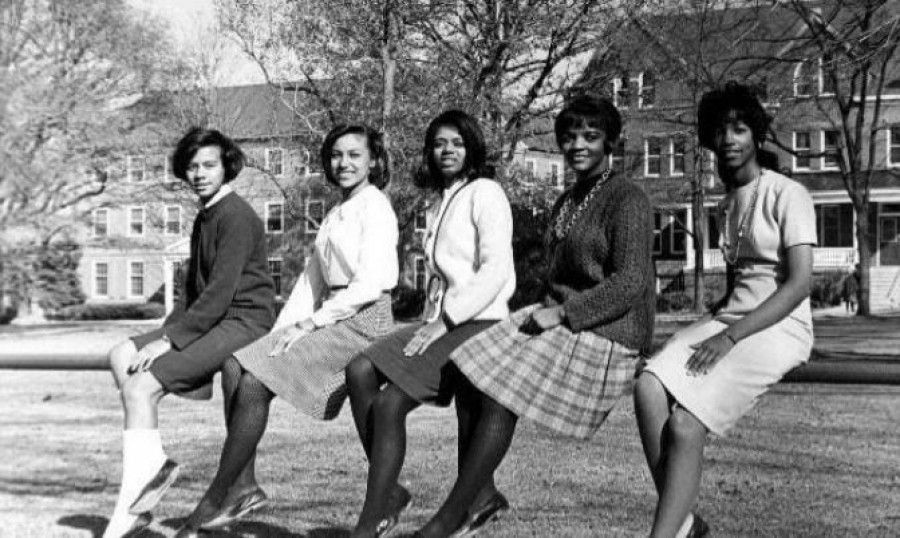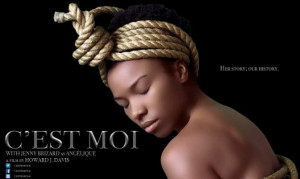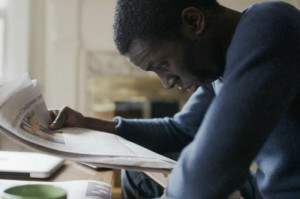The festival kicks off with Emmy-Award-Winner Stanley Nelson’s Tell Them We Are Rising – The Story of Historically Black Colleges and Universities.
As a Black Canadian who lived in the United States for six years, I witnessed how important historically Black Colleges and Universities (HBCUs) are to the culture. But after watching Tell Them We Are Rising my eyes were opened to a deeper reason, and crucial importance of the existence of HBCU’s. One of the commenters in the film described HBCUs as being an “unapologetically black space where you can be yourself.” Another said she had spent her entire high school career as the "token black", while another student had never been taught by a Black person.
More recently, last summer the entertainment talk show host Wendy Williams was in the hot seat for making a controversial comment on her show about HBCUs. She stated, “I would be really offended if there was a school that was known as a historically white college. We have historically black colleges. What if there was the National Organization for White People only? There’s the NAACP.”
Host of News One, Roland Martin responded by addressing her statements on his show with a quick history lesson.
“You do realize that the NAACP was founded by a mix of folks that were black and white. Do you realize that the first president of the NAACP, Wendy, was white?” Martin said. “If you actually bothered to read something, you would realize that. It’s also called the National Association for the Advancement of Colored People. White folks have always been members of the NAACP. Always. One of the reasons you don’t have historically white universities is because we just simply call them universities,” he said. “The fact of the matter is you can go around the country and you will see universities, Wendy, that are 70, 80, 90, 95 percent white.”
Tell Them We Are Rising goes further into the history behind black colleges and universities in the U.S.
During slavery, the ability to read and write was put on a pedestal because slave masters prohibited the opportunity to learn, and the repercussions for slaves were deadly. After the American Civil War slaves gathered in secret places called contrabands to learn how to read. One historian in the film reminds viewers that an estimated 20,000 people, blacks and whites, during a six-year period after the war, were killed for involvement in the education of African-Americans.
Booker T. Washington became a leader for African Americans with the approach that blacks would be ‘the help’ to whites as a way for his people to slowly move towards a free society for all. He pushed for vocational training for Black people. On the other hand, W.E.B. Dubois did not agree with Mr. Washington’s strategy with the belief that his efforts kept black people oppressed with no lateral movement towards democracy. Dubois insisted that a liberal arts education should be available to Black Americans just as it is to whites.
Told in vignettes labeled, Rising, Golden Age, An Audacious Plan and Freedom, the film covers about 150 years of history, both leading up to the rise of black colleges and universities and their struggles to stay in operation.
The film uses archival footage and photos as well as interviews with HBCU’s alumnus who were involved in the early days of fighting for their school’s existence. It is a highly emotional telling of their pain, sacrifice and joy.
Without giving too much of the film away, I highly recommend you bring your family members and friends to watch this documentary. As I watched, I was in disbelief, overjoyed, and fully educated on historically black colleges and universities.
Tell Them We Are Rising – The Story of Historically Black Colleges and Universities
Date: February 16 – 19, 2017
Location: Isabel Bader Theatre, Victoria University, 93 Charles St W, Toronto, ON M5S 2C7








